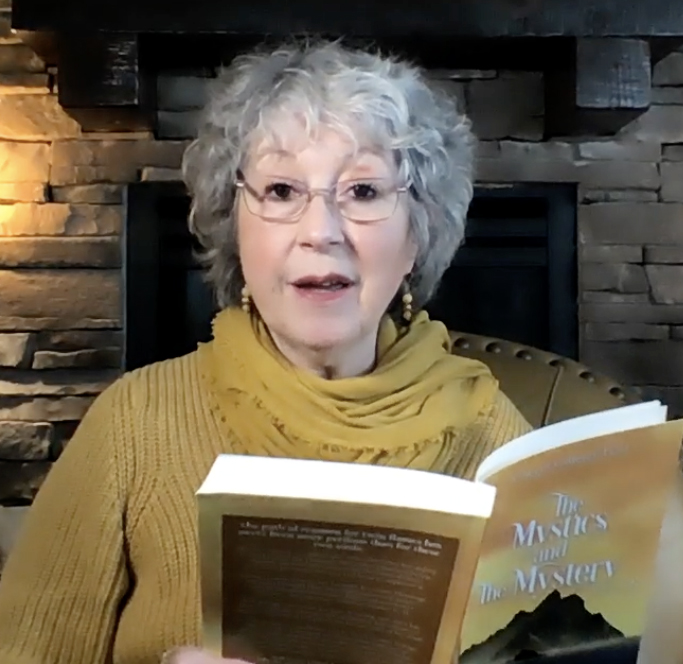On Being a Romance Novelist
A few things I have learned


I never thought I could write fiction—let alone a romance novel. I had always focused on non-fiction, essays, blogs, and a memoir that emerged from the pages of my journals. It was not until the adventure of a poetical journey through an etheric garden swept me up into a land of fairies, gnomes and a bevy of magical creatures showed me that I could trust my imagination. I began to realize that there were stories that wanted to be told—and that I could tell them.
Since then, and with a lot of study and determination, I have produced five romance novels that center around the lives, loves and losses of couples who are twin flames and soul mates. In this short article, I would like to share with you some of the principles of storytelling I have learned along the way.
Show, Not Tell
My first editor drilled this principle into me. Let the characters and plots reveal themselves through action and description. Readers want to discover the details themselves.
No Opinion About the Characters
As the author, you are a witness, not a judge. No telegraphing of what kind of person a character may turn out to be. Protagonist or antagonist? Let them reveal themselves by how they respond to events and people around them.
Use Your Senses
Sometimes I have to return to a scene to add more description of what a character is seeing, feeling, hearing, smelling, tasting, touching in order to bring the scene and the character to life. We are sensory beings. Show that.
What Is Your Intention?
I suppose there are great storytellers whose intention was always to become one. My intention has always been to tell a really good (even great) story that rings true because I am telling the truth of my experience and that of the characters.
Tantalizing Transitions
We always want to know what’s next. In all of my writing I have found that transitions are key. How much do we tell? How much do we foreshadow? How much do we hide? I tend to imagine my stories as if they were films, so I try to make the transitions vivid and sensorial.
Follow the Story
Once when I was far into the third volume of my Twin Flames of Éire Trilogy, I got stuck. I had no idea how to finish the book. I wrestled with the problem for several days and finally prayed to the Divine Storyteller for assistance. The answer that came almost immediately was, “Follow the story. The story will carry you. Just keep telling the story.” That’s what I did and the book brought itself to an amazing conclusion.
Do Your Research
One of my favorite aspects of writing fiction is researching the historical foundations of the stories that I tell. I may read half a dozen books to understand a fact or situation that ends up being told in a sentence or two. But I wouldn’t have had the facts right without doing all that research.
Expect Help from the Unseen
In The Weaving, I needed to know more about ancient Egyptian chariots from the 18th Dynasty. Within a day, I happened across a documentary television show that told all about the chariot of the exact character I was researching and took the viewer on a ride in that amazing vehicle. There was my scene in living color! I am convinced there are cosmic forces that just wait for an opportunity help the sincere storyteller.